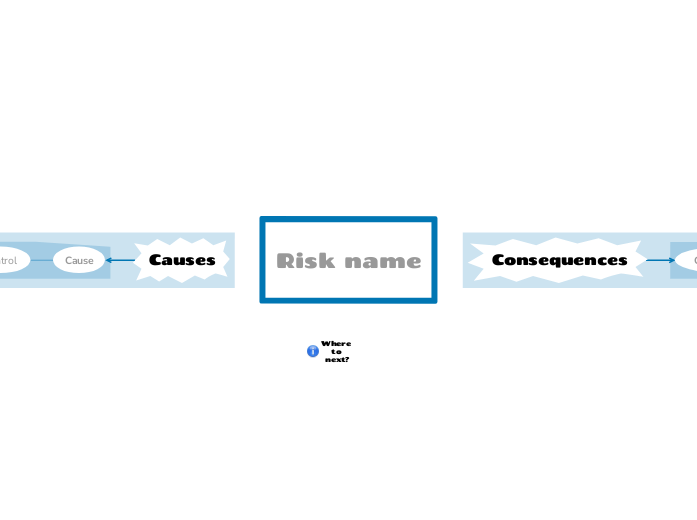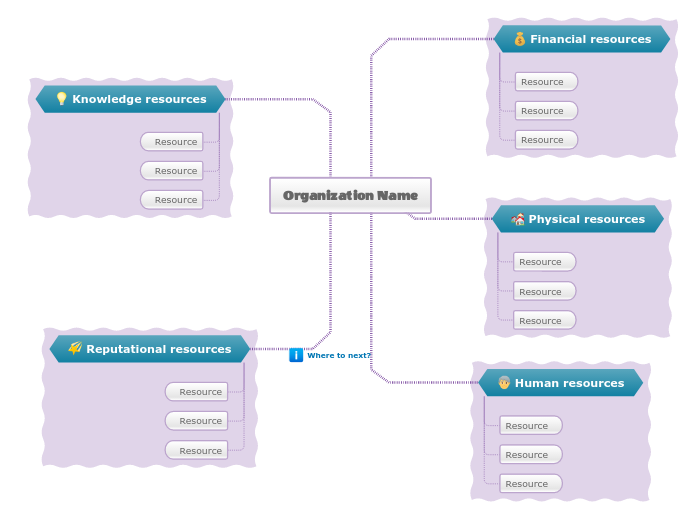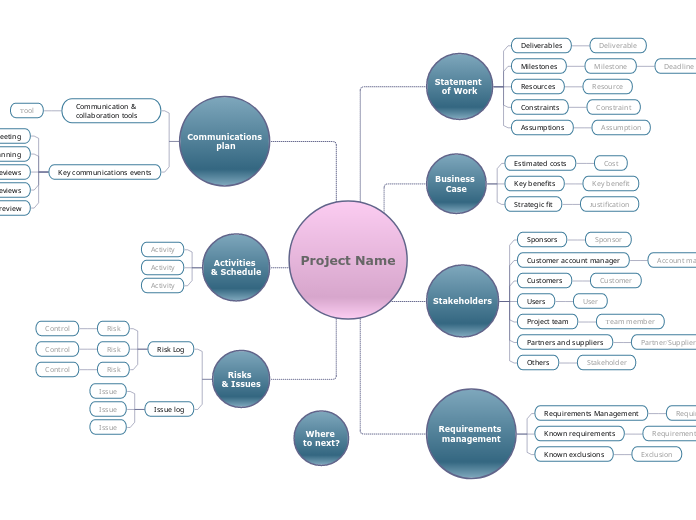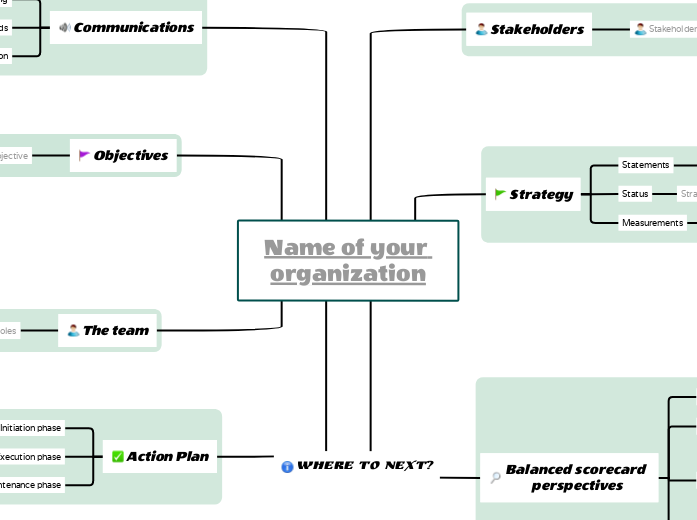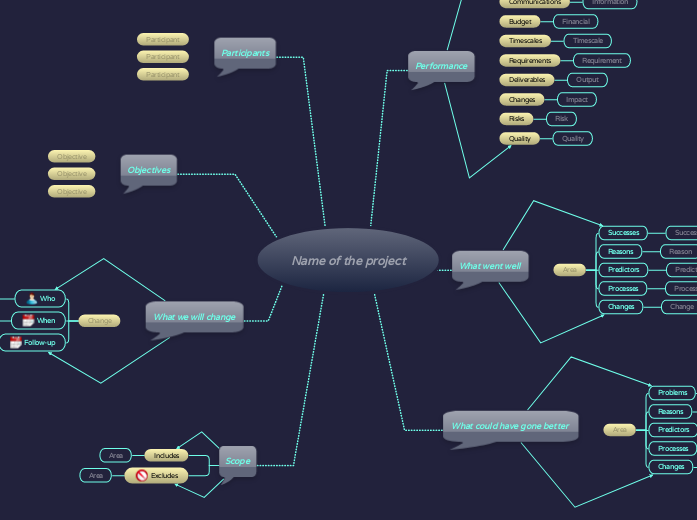Where
to
next?
Where to next?
- If you have a risk event with high-probability causes, and severe impact, then you will need to take action and establish effective controls
- Review the causes of this event: have you taken enough measures to prevent the most probable causes?
- Review the impact of this event: have you taken enough measures to reduce its effects?
- To improve the management of this risk, implement the control measures that you have identified on both sides of the map
Risk name
Type in the event that is at risk of occurring. This is an incident that has both causes and consequences, and is usually undesirable (as 'risk' usually has a negative meaning, but not always).
Examples of events include:
- Important data is lost from a computer
- A key supplier goes out of business
- A major new competitor emerges
- A vital piece of equipment fails
- A key member of staff leaves
- A hacker breaks into your database
Causes
Cause
Type in a potential cause for Risk name.
Then rate its probability by clicking an icon:
Very likely to occur
Possible
Unlikely to occur
How can you reduce the probability of Cause occurring?
Can anything be done to prevent it from happening, or at least reduce the chances?
Type in a control measure
How might the control measure fail?
We have added the control measure Control to reduce the probability of Cause. How might Control fail? What could go wrong and allow Cause to still happen?
Example: a generator might fail because it runs out of oil. So we could add an oil sensor to give an early warning. This oil sensor would be a control measure. But the oil sensor itself might fail, allowing the generator to fail.
Add a backup control
How can we reduce the chances of Control failure occurring, or preventing Control from working?
Can Control failure be prevented from happening?
If not, can we reduce the chances of it happening?
If it happens, can we reduce the impact, so that Control still works?
Example: adding an oil sensor to a generator could prevent generator failure. To reduce the chances of the oil sensor failing (and allowing the generator to fail), we could add a self-test mechanism to the oil sensor as a backup control.
Consequences
Consequences
What are the consequences of Risk name?
What happens as a result of this incident?
Consequence
Add a potential consequence of Risk name.
Then rate its impact by clicking an icon:
Severe impact
Average impact
Minor impact
Control
How can you reduce the impact of Consequence?
What can be done to make it less disruptive, easier to cope with, or easier to recover from?
Add a control measure
Control failure
How might the control measure fail?
You have added the control measure Control to reduce the impact of Consequence.
How might Control fail? What could go wrong?
Example: the failure of a packaging machine could have a major impact, so we might keep an old machine for emergencies. But this old machine might not work when needed, because it has not been maintained.
Backup control
Add a backup control
How can you reduce the chances of Control failure occurring, or preventing Control from working?
Can Control failure be prevented from happening?
If it cannot be prevented, can we reduce the chances of it happening?
If it happens, can we reduce the impact, so that Control still works?
